The sea has always been a mirror for the human soul, reflecting both its depths and its tempests. Few literary characters embody this duality as fiercely as Captain Ahab in Herman Melville's Moby-Dick. Ahab isn’t merely a man; he’s a force of nature, a walking storm tethered to the deck of the Pequod. His obsession with the white whale isn’t just a personal vendetta—it’s a cosmic struggle, a battle against the very essence of the indifferent universe. The ocean, vast and untamable, becomes the perfect stage for his madness, a sprawling theater where his monomania plays out in waves of fury and futility.
From the moment Ahab strides onto the deck, his presence is less that of a captain and more of a prophet of doom. His ivory leg, a relic of his first encounter with Moby Dick, is more than a physical wound—it’s a symbol of the void that has consumed him. The sea, with its endless horizon, mirrors the boundlessness of his obsession. Every crest and trough seems to echo his relentless pursuit, the water itself a participant in his tragedy. The crew, though wary, is swept up in his mission, their fates as uncertain as the currents beneath them. The ocean doesn’t discriminate; it swallows all equally, just as Ahab’s obsession devours reason and compassion alike.
What makes Ahab’s madness so compelling is its sheer scale. This isn’t the quiet delusion of a recluse but a roaring, all-consuming fire that threatens to burn everything in its path. The sea, with its capacity for both beauty and terror, is the only setting vast enough to contain it. Ahab’s speeches, full of thunder and poetry, transform the Pequod’s voyage into a mythic quest. He doesn’t just hunt a whale; he wages war against the unknown, against the forces that defy human understanding. In this way, the ocean becomes more than a backdrop—it’s an active antagonist, its depths hiding the very thing he seeks to destroy.
There’s a terrifying symmetry between Ahab and the sea. Both are merciless, both unconquerable. His refusal to yield, even as the odds mount against him, mirrors the ocean’s own indifference to human suffering. The waves don’t care about the Pequod’s fate, just as Ahab no longer cares for the lives of his crew. His monomania strips him of humanity, reducing him to a single, driving purpose: revenge. The sea, in turn, reflects this reduction—it’s a realm where survival hinges on brutality, where the line between hunter and hunted blurs with every passing storm.
Melville’s genius lies in how he uses the ocean to externalize Ahab’s inner turmoil. The whale isn’t just a creature; it’s a manifestation of everything Ahab cannot control. The sea, with its shifting moods, becomes a metaphor for his fractured psyche. One moment, it’s calm, almost mocking in its serenity; the next, it’s a churning maelstrom, as if responding to the chaos within him. The crew, caught between these extremes, are like flotsam tossed by forces they can’t comprehend. Ahab’s madness isn’t just his own—it infects the very world around him, turning the voyage into a descent into collective delirium.
By the novel’s end, the sea claims everything. Ahab, the Pequod, the crew—all are swallowed by the same abyss that birthed Moby Dick. There’s a grim poetry in this conclusion. The ocean, having served as both arena and antagonist, resumes its eternal indifference. Ahab’s defiance, though heroic in its futility, changes nothing. The waves roll on, as they always have, as they always will. In the end, the sea isn’t just a symbol of Ahab’s obsession—it’s the ultimate victor, the one force that cannot be bested, not by rage, not by will, not even by the most consuming madness.

By /Aug 4, 2025

By /Aug 4, 2025

By /Aug 4, 2025

By /Aug 4, 2025
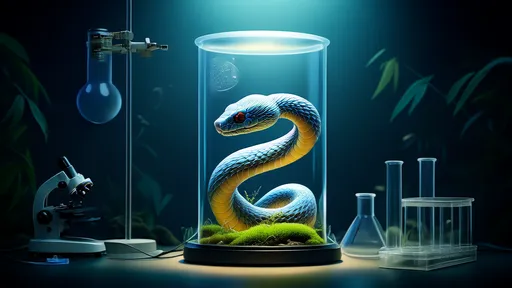
By /Aug 4, 2025
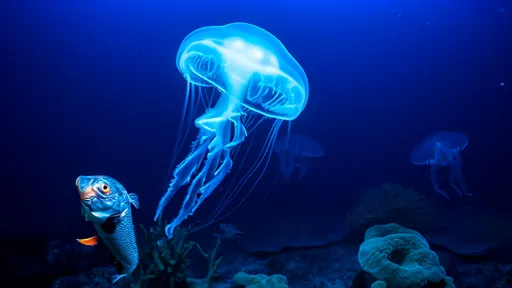
By /Aug 4, 2025

By /Aug 4, 2025

By /Aug 4, 2025

By /Aug 4, 2025
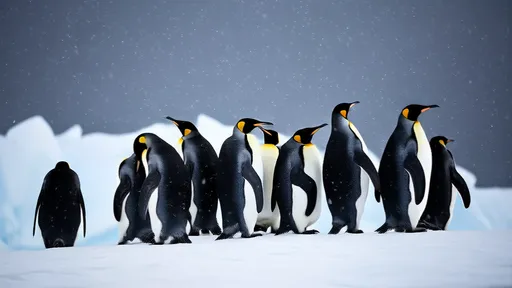
By /Aug 4, 2025

By /Aug 1, 2025

By /Aug 1, 2025

By /Aug 1, 2025

By /Aug 1, 2025
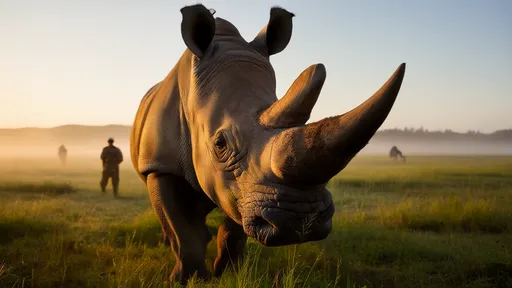
By /Aug 1, 2025

By /Aug 1, 2025

By /Aug 1, 2025

By /Aug 1, 2025

By /Aug 1, 2025
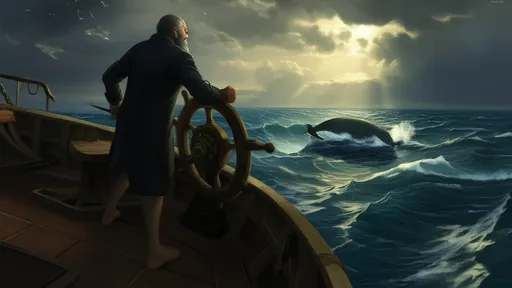
By /Aug 1, 2025